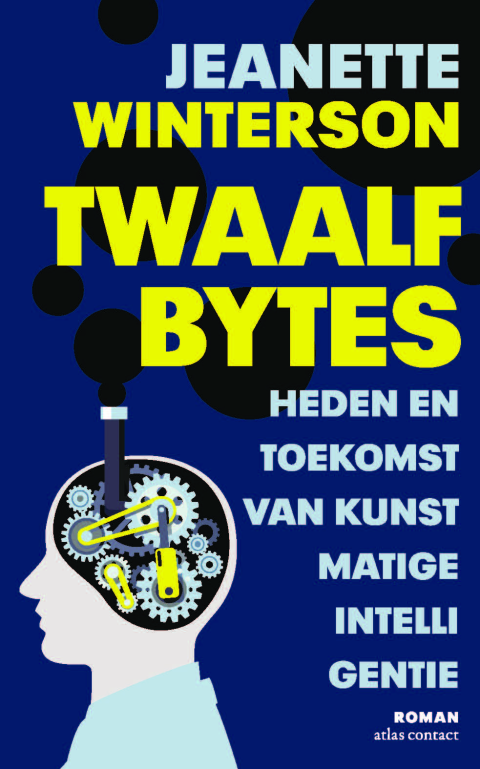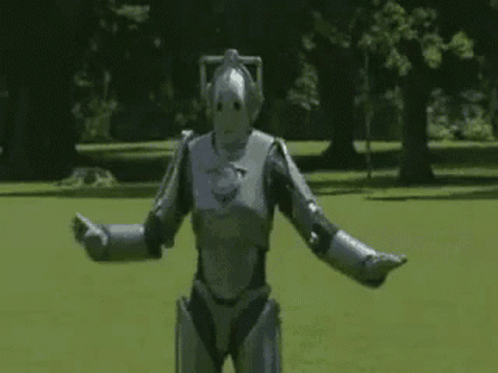What do you think?
Rate this book


352 pages, Paperback
First published July 22, 2021

That was the cause of the Library War that Paladin had always searched for. The Libraries were perfect. They tried to remake Man in their image. Valijon'd been right all along. Maybe, if you dug deep enough, hellflowers didn't even hate Libraries. But they knew. Libraries and organics couldn't share.
But maybe, just maybe, in a thousand years there would be room for a Library that knew what it was to be human.